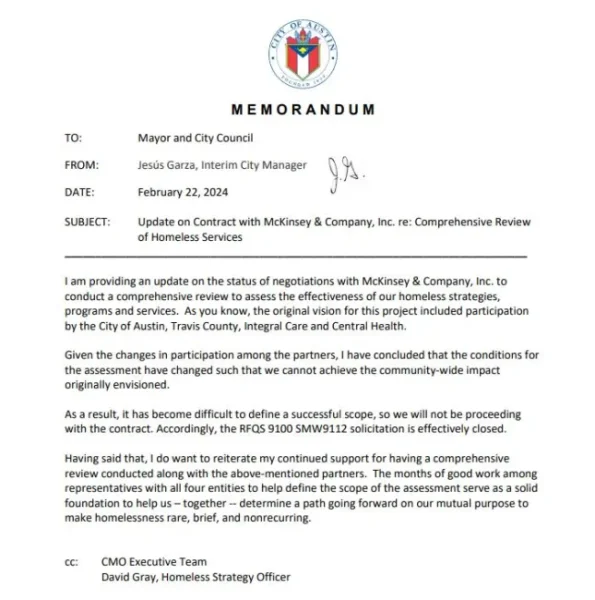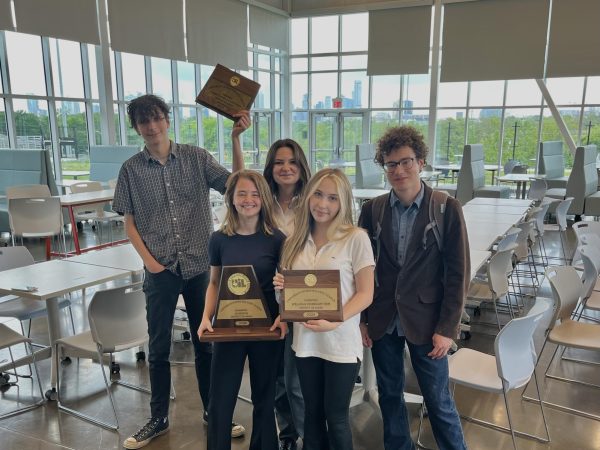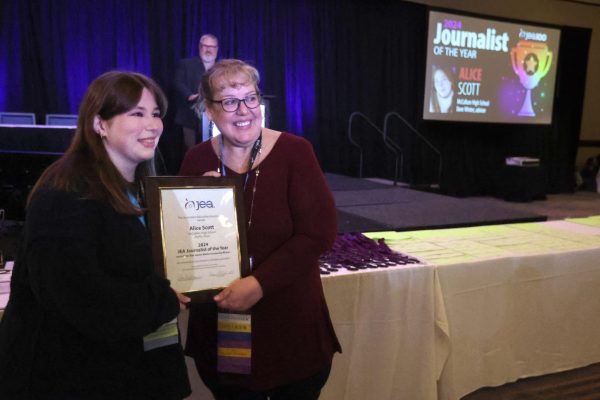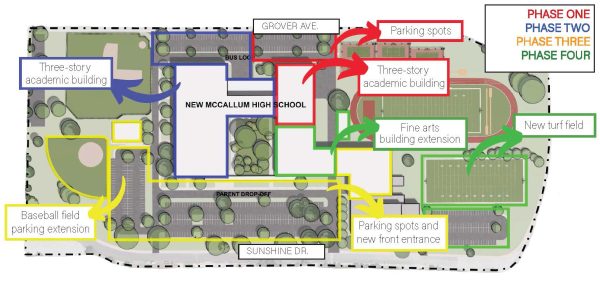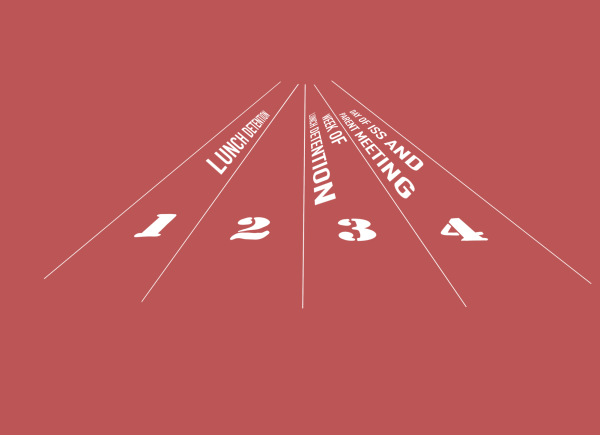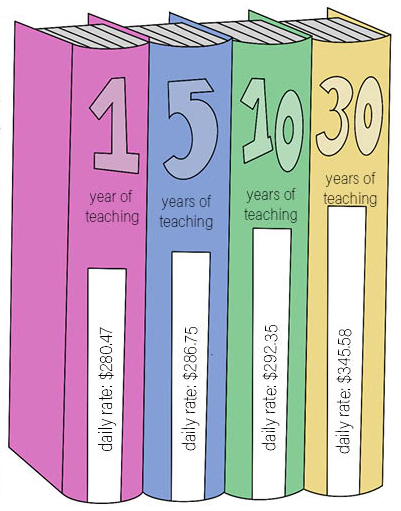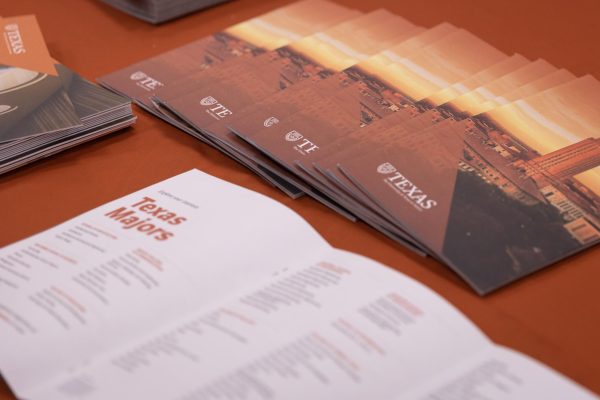Seniors cut to the core of the matter
Each academic option offers its own benefits, challenges
June 30, 2019
High school can be a confusing time. You have to decide what extracurriculars you want to participate in, if you want to play any sports and worry about your grades all at the same time. The biggest choice of all, however, comes when you fill out your first choice sheet, deciding what classes you will take during the upcoming school year. Deciding between Advanced Placement courses or regular, on-level courses can be very stressful. Most people will tell you that AP classes are the right move, because they are more challenging and will better prepare you well for college, along with allowing you to leave the class at the end of the year with a potential college credit. On the other hand, some people feel that taking all AP courses when you already know that you want to go into a field like art, film or music, doesn’t make very much sense, and can be a source of unnecessary stress.
For many years at Mac and elsewhere, the choice of course level was binary: AP or regular, but with the introduction of dual credit classes from ACC and UT, the choice has become a lot more complicated.
THE CASE FOR AP CLASSES
One person who has seen the advantages of taking AP course is senior Skel Gracie, who feels that AP classes have opened doors for her in the future.
“I took mostly APs in high school,” Gracie said. “I’m glad I did because I think it will make college a lot easier financially. I’ll also be able to take more interesting classes, instead of something like U.S. history. I honestly wish I had taken more college-credit classes, because taking all of those classes in college gets really expensive.”
I’m glad I [took mostly AP classes] because I think it will make college a lot easier financially. I’ll also be able to take more interesting classes.
— Skel Gracie
AP classes can be difficult because many students are also involved in some sort of extracurricular, either on campus or off. For Gracie, it’s technical theatre.
“For me, tech theatre has taken up a lot of time,” Gracie said. “But that’s just because I do every single show. Tech theatre is good, because you don’t have that many in-school requirements. You only have to take Art l, Theatre l, and Tech Theatre all four years.”
While students may place a higher priority on extracurriculars, colleges will pay attention to what sort of classes you take in high school.
“For me, it was really helpful to be able to say that I had taken lots of college-level courses,” Gracie said, “especially in things like interviews for scholarships; it was good to have some added clout.”
Gracie feels high school is all about finding where your priorities lay.
“I would suggest to any underclassmen that they try at least one AP class and see how they like it,” Gracie said. “But pay attention to your stress levels and figure out what you personally prioritize. For me being in a bunch of extracurriculars wasn’t super important to me, but being in high level classes was.”
THE CASE FOR ON-RAMPS
When it comes to college credit in high school, ACC isn’t the only option. Last year, the University of Texas rolled out a new program at McCallum called OnRamps. It currently is limited to only a few classes, but some students have already found some success within the program. In addition to her AP classes, senior Skel Gracie took OnRamps English her junior year.
With OnRamps, you have a little bit more freedom to write about what you find interesting.
— Skel Gracie
“I was also looking for a break from the conventional AP-style way of approaching books” Gracie said. “I always felt like our interpretation of the book, or whatever we were reading, was kind of forced on us, and didn’t leave much room for other interpretation. I feel like with OnRamps you have a little bit more freedom to write about what you find interesting.”
The core of the OnRamps class offered at McCallum is writing, and, as Gracie explains, that can really come in handy later. “It definitely made me a much better writer, and that has helped a lot with things like college essays, or the writing portion of the SAT,” Gracie said. While there are some benefits to taking an OnRamps class at McCallum, it is not without its challenges. “One thing that I really struggled with was reading stuff online, because so much of the class is on the computer. Honestly, if you don’t thrive in online classes, I wouldn’t recommend it.”
THE CASE FOR ACC DUAL CREDIT
ACC dual-credit classes allow McCallum students to take a class at ACC, or with an ACC professor, and get college credit for the course, while also getting credit for the class at McCallum. For example, someone could take United States history at ACC, get college credit for the class, and also get high school credit. ACC classes are ideal for people like Liv Arden, who have a busy schedule and need their classes to be flexible.
A lot of my ACC classes were online. There was a test once a week, and you were just expected to complete the notes on your own.
— Liv Arden
“A lot of my ACC classes were online,” Arden said. “It was honestly pretty laid-back; there was a test once a week, and you were just expected to complete the notes on your own. I really liked it because if I was traveling I could just log onto my computer and do my classwork, even though I’m out of the country.”
One thing that appeals to many students about taking ACC classes during the school year or over the summer is the possibility of an off period your senior year.
“I was friends with a lot of seniors when I was a junior, and it was really nice for them to be able to sleep in or leave a period early,” Arden said.
Of course, ACC courses come with their own set of challenges.
“It can be difficult to stay focused,” Arden said, “especially if it’s over the summer, just because it’s kind of unstructured, and you have to really motivate yourself to do well. If you are someone who needs the school setting to really focus, then it might be a challenge.”
THE CASE FOR REGS
Of course, taking all AP classes isn’t the only route you can take. For example, senior Liv Arden decided that instead of plunging headfirst into AP classes, she would take a mix of both APs and regs.
“I think it’s really important to have your own time in high school,” Arden said. “I think people get way too wrapped up in schoolwork when they take all APs. Generally, I think it’s a good idea to take at least one regs class to give yourself a break.”
People get way too wrapped up in schoolwork when they take all APs. Generally, I think it’s a good idea to take at least one regs class to give yourself a break.
— Liv Arden
Arden, however, is in a situation that necessitates less homework.
“I work two jobs, so I don’t really have time after school to get my homework done after school,so regs is a better choice for me,” Arden said.
Arden recognizes, however, that there are some drawbacks to this approach.
For a long time I thought that colleges caring about what sort of classes you took in high school was a myth, but now I know that it definitely isn’t. I got rejected from Santa Clara University, and they said it was because I didn’t take enough AP classes, and even though I had good grades, it didn’t seem like I was challenging myself, so that’s definitely something I regret.”
Arden also regretted not being as involved beyond the classroom.
“Another one of my big regrets in high school is not getting really involved in an extracurricular,” Arden said. “I feel like, in high school, it’s important to do some things just because you like them, not because of the grade, and colleges really like to see that too. Exploring your interests in high school is really the only chance you get, because by the time you get to college, everyone has already settled into their hobby or sport, and has been doing it for a few years, so you’ll be behind.”



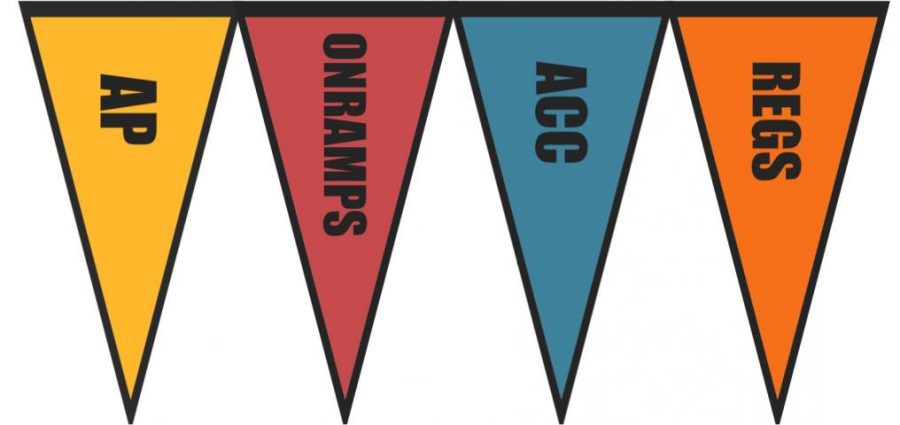

![With the AISD rank and GPA discrepancies, some students had significant changes to their stats. College and career counselor Camille Nix worked with students to appeal their college decisions if they got rejected from schools depending on their previous stats before getting updated. Students worked with Nix to update schools on their new stats in order to fully get their appropriate decisions. “Those who already were accepted [won’t be affected], but it could factor in if a student appeals their initial decision,” Principal Andy Baxa said.](https://macshieldonline.com/wp-content/uploads/2024/04/53674616658_18d367e00f_o-600x338.jpg)
